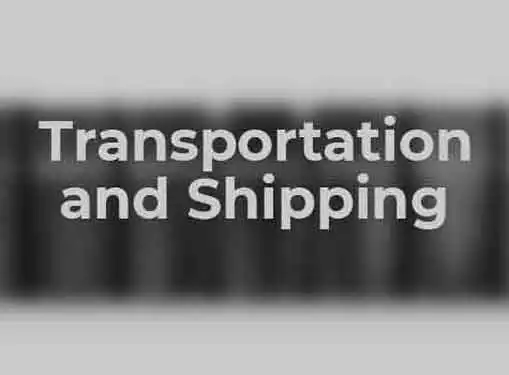Articles on Importing
Transportation And Shipping Tips For Your Import Business
Transportation and shipping are the backbone of an import business. To get it right, you'll need to seek the assistance of several import industry professionals.
There are a lot of reasons why an import business is an attractive startup option.

With international trade at an all-time high, the global economy offers entrepreneurs a business model with ample room for growth and expansion. The allure of importing even extends to existing business owners who see it as a viable vertical expansion target.
But the harsh reality is that starting an importing business is much easier than establishing consistent importing routines. The myriad details surrounding the migration of goods from one nation to another can quickly test your resolve and threaten your ability to produce steady revenue streams. For some would-be importers, customs requirements alone are enough to encourage them to pursue alternate business concepts.
Not surprisingly, transportation and shipping requirements dominate the details involved with importing. Successful importers are masters at navigating the complexities of international product movements. By applying proven transportation and shipping strategies, they increase the likelihood that shipments arrive on time, every time.
Transportation & Shipping Considerations
Importers need to carefully estimate transportation costs and the amount of time it takes to receive merchandise shipped to the U.S. Your budget should include line items for duties, taxes, warehousing, insurance, and other fees. If you are importing perishable items, you should also incorporate a loss percentage into your budget calculations. Although shipping delays can't be avoided, they can be anticipated and managed.
Freight Forwarding
Freight forwarders arrange shipments and can be a valuable resource for importers. Since good freight forwarders have experience shipping similar products along your route, they are more adept at managing shipping requirements and identifying carriers that can ship your cargo as quickly and as inexpensively as possible.
Customs Brokers
Customs brokers manage customs paperwork and processes. They assist importers by expediting shipments through customs and classifying imports according to the Harmonized Tariff Schedule so you don't overpay taxes and duties.
Tips to Reduce Costs
There are several strategies you can employ to reduce transportation and shipping costs, starting with assembling complex products in the U.S. to minimize shipping space requirements. Contact your freight forwarder or customs broker for information about cost-cutting transportation and shipping strategies.
Share this article
Additional Resources for Entrepreneurs



Conversation Board
We greatly appreciate any advice you can provide on this topic. Please contribute your insights on this topic so others can benefit.